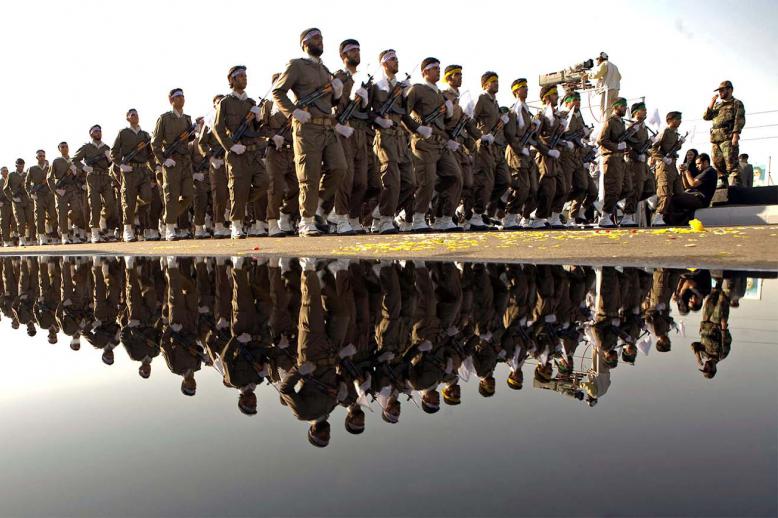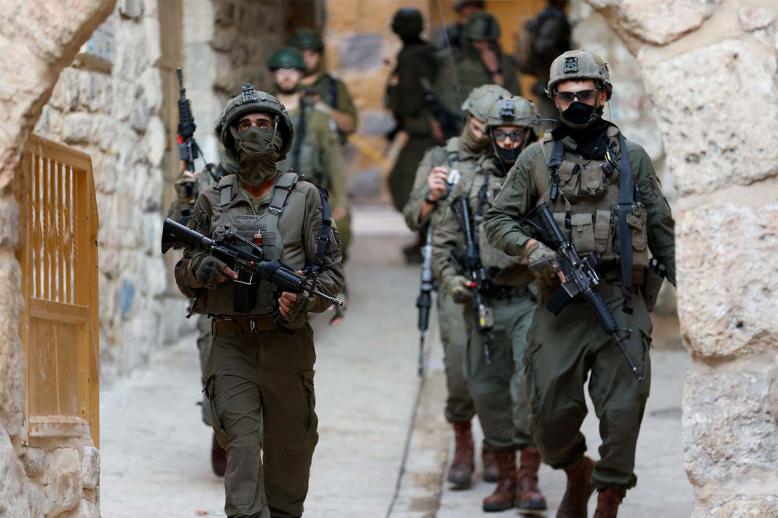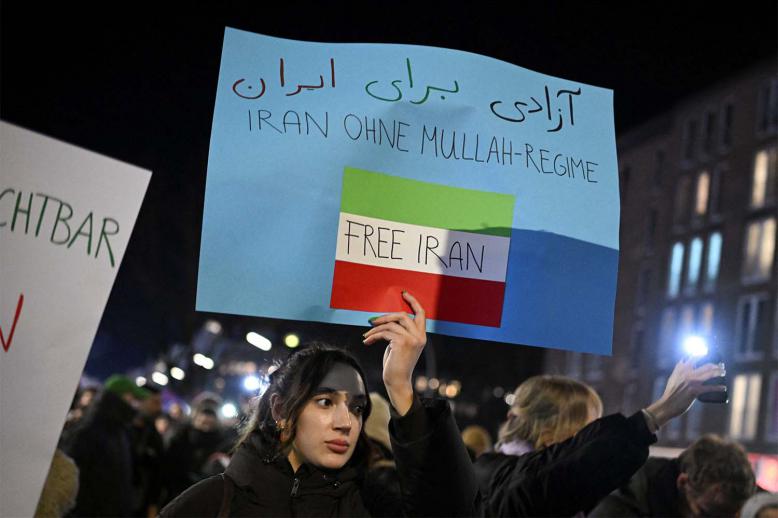Falling rial has Iranians slamming regional adventurism
With the rial in free fall, Iran’s financial crisis is igniting anti-government protests and widespread dissatisfaction with Iranian President Hassan Rohani. Just as in December 2017 and January 2018, the current protests are bound to become steadily more anti-regime. That’s when they will test the solidarity of the regime’s competing factions as well as its overall resilience.
Public dissatisfaction has been on the rise for months. The rial has been in free fall since US President Donald Trump abrogated the Iran nuclear deal. The Rohani government promised to flood the domestic market with gold and foreign currency to stabilise the rial but clearly lacked the means to do so.
That increased the incentive for people to buy foreign currencies and precious metals to secure their savings. The panic caused the collapse of the rial, which dropped to 90,000 to the US dollar on June 24 on the black market, more than twice the official rate.
Therefore, it was no surprise the protests started in Tehran’s Grand Bazaar on June 25. Desperate consumers and small shopkeepers, both fearful their savings would disappear as the rial’s depreciated, responded. They forced the closure of two major shopping centres that sold mobile phones and consumer electronics.
The markets remained closed on June 26 as protesters set fire to trash bins in the streets and clashed with Tehran police. Bazaaris in Isfahan, Arak and Kermanshah shut their businesses in solidarity.
Initially, the Islamic Revolutionary Guard Corps (IRGC) and its media allies endorsed the protesters. They are perceived by the IRGC as useful allies in the campaign against Rohani
This was the context of the speech made by former IRGC commander Major-General Yahya Rahim Safavi to an assembly of war veterans in Fars province on June 25. Safavi, who is a senior adviser to Supreme Leader Ali Khamenei, said: “The people reach out to the central administration, the organisations and municipalities but their problems are not solved. This creates unhappiness, which is immediately taken advantage of by the counter-revolution. It depicts the people as dissatisfied. Some of the dissatisfaction is because of the incompetence of the authorities.”
Even more surprisingly, Safavi said: “Sometimes, it appears as if the country is administered better if there is no government!”
On June 26, Hossein Shariatmadari, editor of the conservative Kayhan newspaper, blamed the government for allowing some individuals to manipulate the Iranian currency by purchasing gold and dollars. Shariatmadari accused the Rohani government of being unprepared to deal with protests.
“The entire affair was predictable,” Shariatmadari wrote. “… the government, the intelligence services and the Law Enforcement Force have let down the bazaar and abandoned them to economic terrorists.”
It was not long before anti-government protests morphed into anti-regime rallies. Now, they were targeting the regime in its entirety. Videos show protesters making demands and berating the regime: “Let Syria be, think about our plight.” “Death to Palestine.” “Let go of the country you shameless.” “Reza Shah, blessed be your soul.”
The slogans are catastrophic for the regime because they show the Iranian public no longer supports the regime’s military adventures in the region. Even more embarrassing is the way the bazaar is behaving. In 1979, the bazaar was instrumental in financing the revolutionary Shia clergy. Now, it is voicing support for the deposed secular monarchy.
For now, the regime seems in control of the situation in Tehran and the Grand Bazaar has reopened. However, the problems remain. Economically and ideologically bankrupt, Iran is under internal pressure from an angry public and external pressure from Washington. To compound those problems, the ruling elites are busy blaming each other for the state of affairs.
Ali Alfoneh is a non-resident senior fellow at Rafik Hariri Centre for the Middle East at the Atlantic Council.
This article was originally published in The Arab Weekly.







